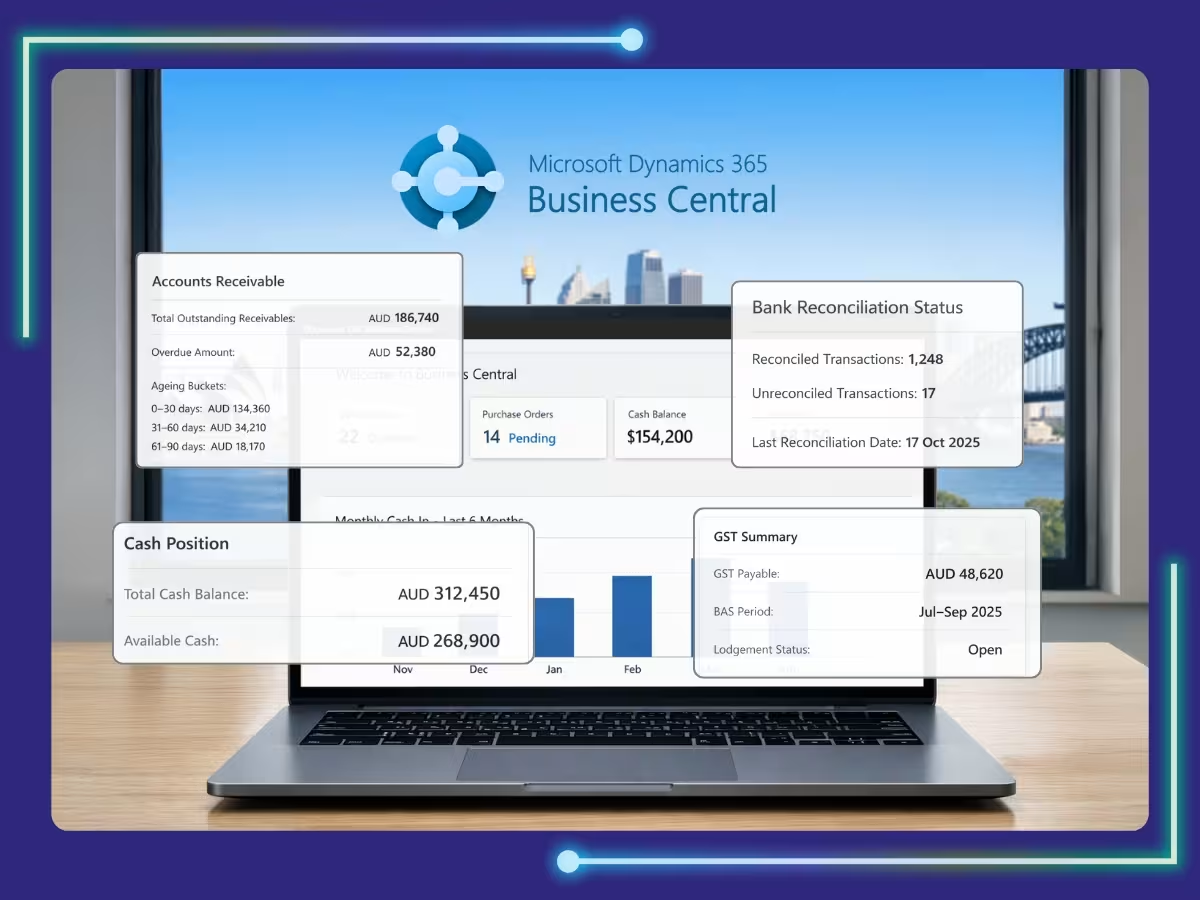Table of Content
Share This Article
- Published: Oct 11, 2023
- Last Updated: Feb 15, 2025
- 🔊 Listen
Bookkeeping, the practice of recording and managing financial transactions, has come a long way from its traditional pen-and-paper approach, which was a time-consuming and often error-prone process. With the advent of technology, bookkeeping has undergone a revolution in recent years, paving the way for more efficient and accurate financial management. The adoption of digital bookkeeping tools such as accounting software to opting for outsourced bookkeeping services has made it easier for businesses to manage their finances expeditiously. In this blog, we will explore the various trends and advancements that are already impacting bookkeeping today while also looking ahead to the coming future of the industry. From automation to outsourced bookkeeping services, artificial intelligence, blockchain, and beyond, the future of bookkeeping promises to be exciting, efficient, and transformative. Let us look at trends that can ease the workload and make bookkeeping more inciting.
List of the Upcoming Bookkeeping Trends
Cloud-Based:
Cloud-based bookkeeping systems have been gaining popularity in recent years as the emerging future of bookkeeping. By moving bookkeeping processes to the cloud, businesses can access their financial data from anywhere at any time by using any device with an internet connection. This flexibility is a significant benefit for businesses that operate remotely or require staff to work from home. Cloud-based systems also offer improved collaboration between different departments within a company, allowing for better communication and efficiency. The cloud-based systems are generally more secure than traditional bookkeeping methods and can offer real-time backup and disaster recovery options. Additionally, cloud-based bookkeeping software such as Xero, MYOB or NetSuite typically comes with a host of features designed to make managing finances easier, including invoicing, payment processing, and financial reporting. In order to reap the benefits of cloud-based software like NetSuite, businesses can hire a third-party service provider such as NetSuite bookkeeper experts who are proficient in using NetSuite.
Use of Artificial Intelligence (AI):
With AI automation, bookkeeping processes can be automated and streamlined, allowing businesses to save time and reduce costs while still maintaining accurate financial records. AI systems can categorise transactions, reconcile accounts, and generate financial records, all without human intervention. This technology can also identify potential errors or anomalies in data that may have otherwise gone unnoticed, improving the accuracy of financial reporting. Additionally, AI systems can provide businesses with valuable insights into their financial data, such as patterns and trends, that can inform decision-making. As AI technology continues to advance, it has the potential to revolutionise the bookkeeping industry and make managing finances even easier for small and large businesses alike.
Virtual Bookkeeping:
Virtual bookkeeping is rapidly emerging as the future of bookkeeping. With virtual bookkeeping, businesses can outsource their financial management tasks to a third-party service provider located anywhere in the world. This enables businesses to save time and resources on hiring an in-house bookkeeper while still having access to expert financial advice and support. As workplaces become increasingly digital, virtual bookkeeping services can offer numerous benefits, including increased flexibility and improved collaboration. Additionally, virtual bookkeeping service providers are updated with the latest technology and software, enabling them to streamline financial transactions and provide businesses with accurate and real-time financial data. With all these advantages, it is no surprise that virtual bookkeeping is predicted to be one of the most significant trends that will shape the future of bookkeeping.
Outsourced Bookkeeping Services:
As businesses strive for efficiency and cost savings, outsourced bookkeeping services are rising in popularity. Outsourcing bookkeeping processes can help businesses cut costs and ensure compliance with tax and accounting regulations. With outsourced bookkeeping, businesses can delegate their financial management tasks to a third-party service provider, and the outsourced bookkeeping service providers can offer businesses access to specialised expertise and technology, such as automation and cloud-based software, that they may not otherwise have. This technology can streamline processes and improve accuracy, reducing the risk of errors or fraud. Additionally, outsourcing bookkeeping can free up employees’ time to focus on core business activities, which can boost productivity and profitability. As businesses increasingly embrace outsourcing to optimise their operations, it is clear that outsourced bookkeeping services will continue to grow in popularity as a significant trend shaping the future of bookkeeping.
Bottom Line
In conclusion, we have seen that technology is emerging rapidly, and it has revolutionised the bookkeeping processes these days. With technological advancements such as cloud-based software, AI systems, virtual bookkeeping, and outsourced bookkeeping services, businesses can look forward to an exciting future that promises greater accuracy, efficiency, and competitive advantages. Adopting these technologies is already underway, and their benefits are becoming increasingly apparent for businesses across all industries. As we are moving towards an increasingly digital world, it is clear that bookkeeping will continue to evolve, and so was the tools and the methods we use to manage the financial affairs of businesses. Therefore, businesses need to stay up to date with these trends and embrace technology to remain competitive and grow more!

Get customized plan that supports your growth

Thousands of business owners trust Whiz to manage their account
Let us take care of your books and make this financial year a good one.





